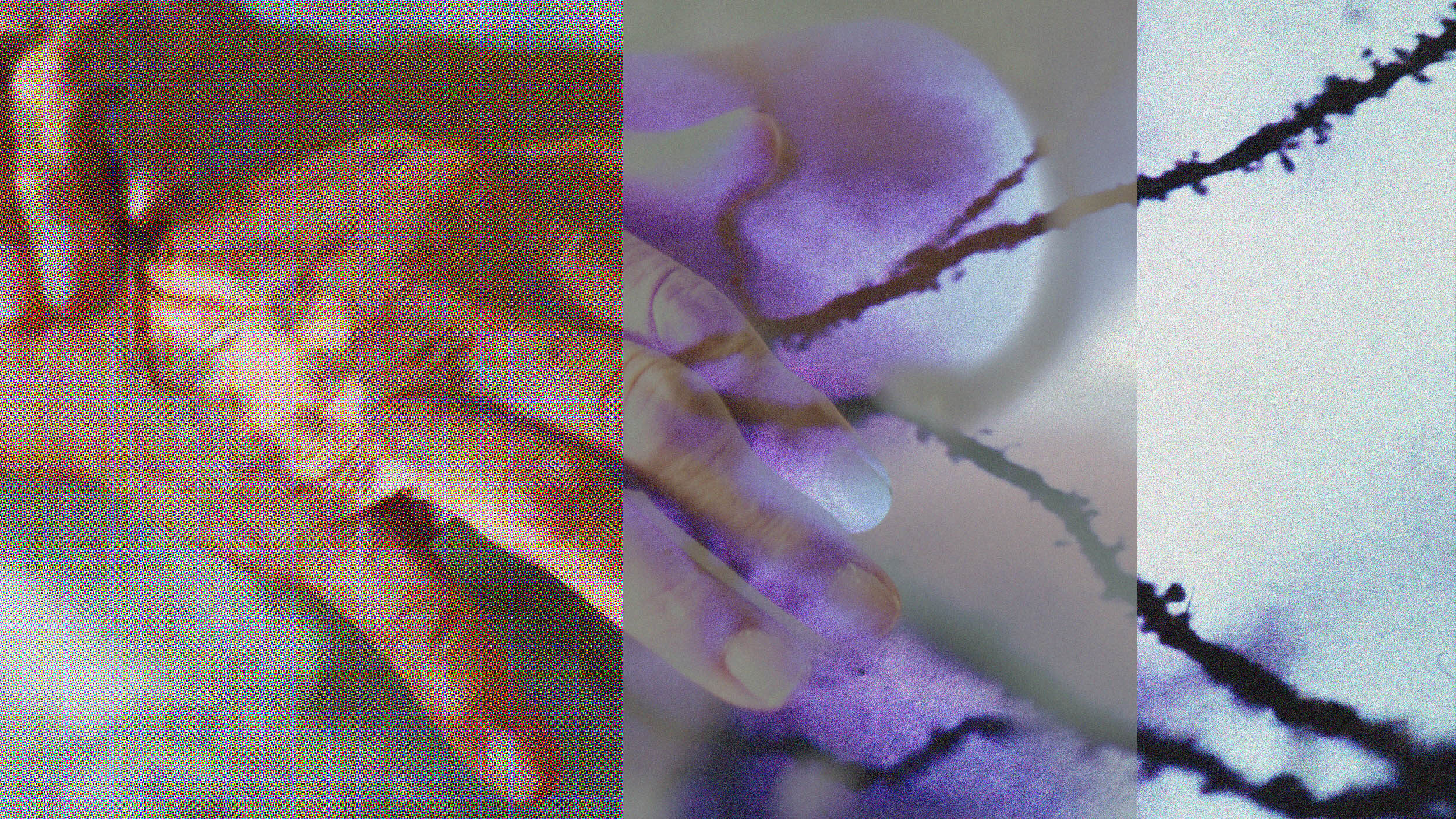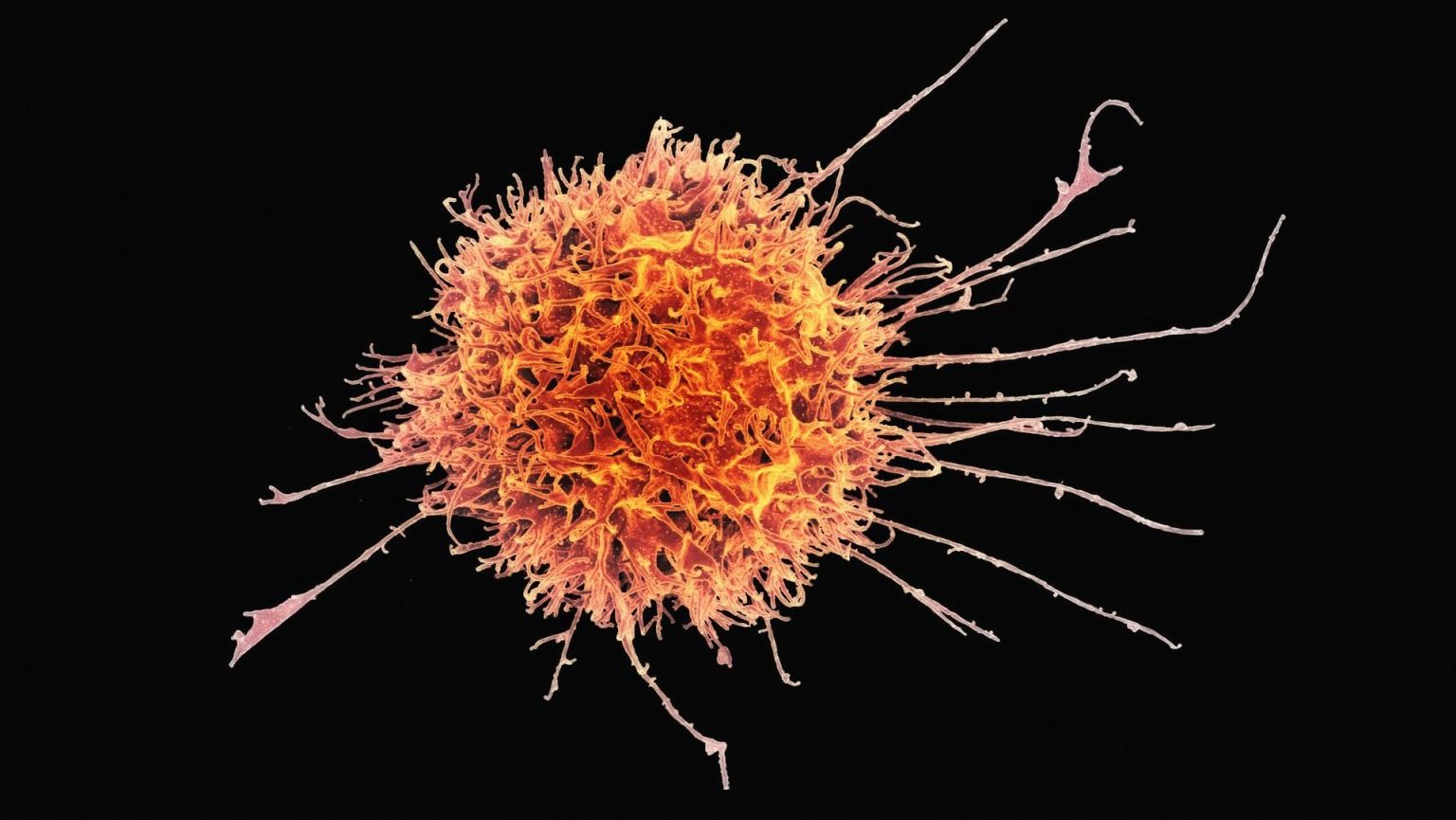Robert Langer: I do advise my students to be broad and open-minded in their thinking when it comes to careers. I mean, basically what you want is somebody to have a great career and be happy; and, you know, so my advice to students is to don’t do what’s going to make you the most money or the most security, but do something that will make you happy — whatever that is.
Well when I got done with graduate school, or when I was finishing graduate school, this was the 1970s and there was this gas shortage just like a few years ago and the prices of gas kept going up. So, what that meant was, if you were a chemical engineer, like I was, is you’d get a lot of job offers from oil companies. And pretty much all my classmates went to oil companies and worked there and they got very high-paying jobs.
I did get 20 job interviews from these companies, and I got 20 offers, too, but I wasn’t very excited about doing that. I remember one interview where they told me if I could just increase the yield of this one petrochemical by .1 percent that would be worth billions of dollars, and I just wasn’t excited about the impact that that would have, and I kept looking for ways where I guess I felt I could have more of an impact on the world.
Well, let me give an example of one thing we did. Actually, when I was a postdoctoral fellow with Judah Folkman one of the questions that we asked was: could molecules exist that could stop blood vessels from growing in the body? A lot of people didn’t believe that that could happen, but my boss at the time, Dr. Folkman, did, and he hired me and we found that cartilage was able to block blood vessels. This was done with Henry Brem as well.
And then we found what — we wanted to see if we could find an extract. In other words, what are the real substances that could stop blood vessels from growing that might exist. And well there’s a lot of things — you have to break up the things into different parts. So first where might a molecule exist that could stop blood vessels?
The answer to that was possibly cartilage, which doesn’t have blood vessels. Then you have to have a way to study it, and that was very, very hard because blood vessels actually grow slowly over time, and we needed what we call as a bioassay. And to develop a bioassay we needed something that could release these substances for a very, very long time. So a little polymer or microsphere or microparticle.
So we developed those but none of those had ever been able to slowly release molecules that were really big. And the molecules that we thought would stop blood vessels were really big. So we had to actually then create ways to release these molecules slowly even though they were big, and release them for months. And that was something people never thought was possible. But I spent several years working on it, experimenting with different techniques, and eventually I figured out a way to do it. And when we did that we published a paper in Nature showing that for the first time you could release molecules of any size from these little microparticles. And then we used that to create the bioassay and we isolated the first substances that could stop blood vessels from growing in the body. Both of those discoveries, the polymer slow-release systems and the substances that could stop blood vessels from growing led to major industries.
Well, when I first gave lectures on the work we did on slowly releasing these large molecules from polymers, and we first published this work, pretty much everybody in the scientific community didn’t believe it. And the consequence of that is that I didn’t get any grants. My first nine grants were rejected. Also when I started to apply for faculty positions — I’m a chemical engineer and no chemical engineering department in the world would hire me. I ended up going into a nutrition department, but the problem there was that the people in the department didn’t think very much of what I was doing, and they basically told me I should start looking for another job. So it was not very pleasant in the beginning.
I think if I’d moved away from it — you know, I don’t know what would have happened. I mean, it’s very hard to figure out alternative paths. I think if you give up too easily that’s not good. Obviously you don’t want to keep banging your head against the wall forever, so I think there’s some compromises you have to make. But I think if I gave up on something like that maybe I’d give up on other things that were important, too. I just don’t know. I’m glad I didn’t.





